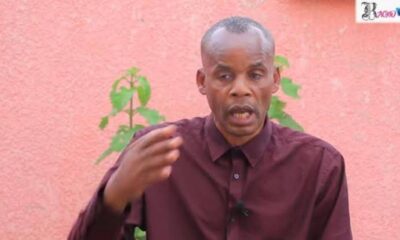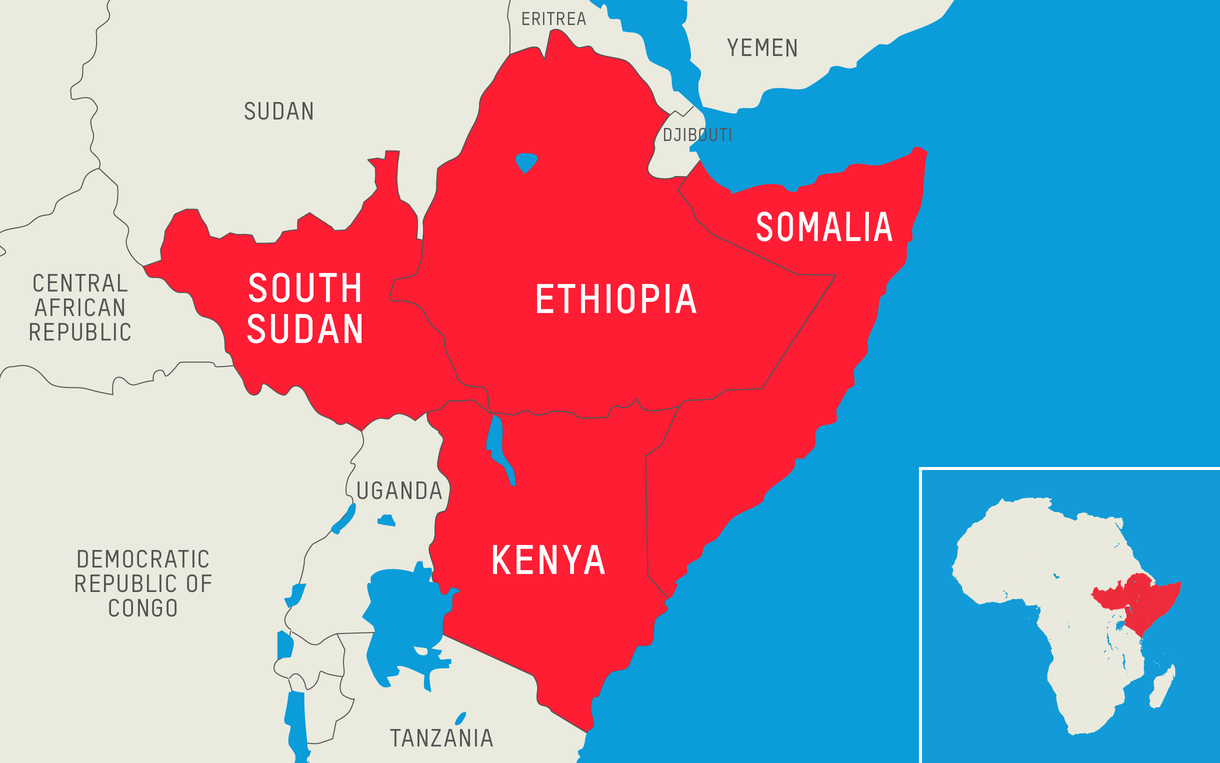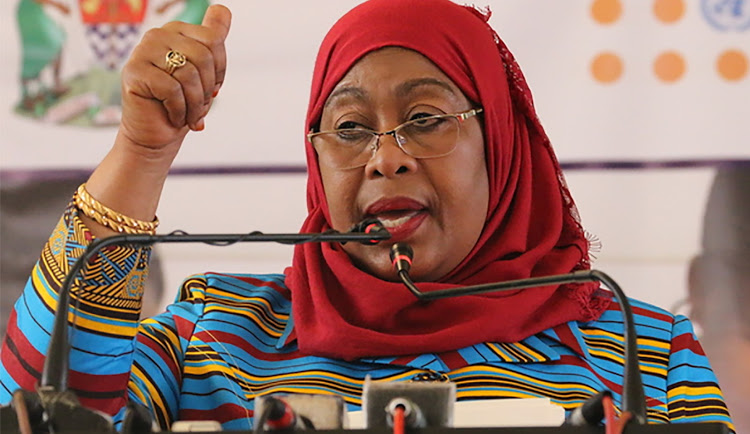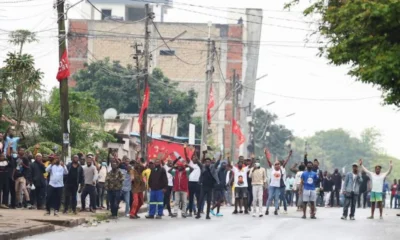Rwanda’s attractions are varied and exciting. With the launch of the Congo-Nile Trail, sports and mountain biking enthusiasts from all over the world are flocking to Rwanda, and we are also home to East Africa’s only canopy walk.
The marketing deal between Rwanda and Arsenal has generated a lot of attention since it was announced last month, most of it positive.
Some observers, however, have been unable to overcome their incredulity that a small African country like ours is putting real money behind the idea that we have something unique to offer. But why is it normal for Alberta and Bermuda to market themselves, but not for a place like Rwanda?
The op-ed recently published in these pages by Professor Lisa Delpy Neirotti is typical of this prejudice. A recognised expert in sports marketing, she is perfectly entitled to her own opinions. But not to her own facts, and her mistakes are numerous.
First, memorial sites of the Genocide against the Tutsi are not tourist attractions. They have never been marketed as such, and never will be. These are sacred places of burial and remembrance for Rwandans.
Visitors to our country who wish to better understand our history are of course most welcome to visit the memorials. But to claim, as Professor Neirotti does, that Rwanda’s only two attractions are gorillas and death, betrays profound contempt.
Second, interest in visiting Rwanda is rising, not falling, as she asserts. Rwanda’s three main national parks – Akagera, Nyungwe, and Volcanoes — saw a six per cent increase in visitor numbers in 2017. It is easy to see why.
Rwanda is one of the safest and most hospitable countries on the planet. It is also the only place where tourists can see the Big Five (lions, elephants, rhinos, leopards, and buffalo), as well as the critically endangered mountain gorilla and several bird species endemic to the high-altitude rainforest in Nyungwe National Park.
Rwanda’s attractions are varied and exciting. With the launch of the Congo-Nile Trail, sports and mountain biking enthusiasts from all over the world are flocking to Rwanda, and we are also home to East Africa’s only canopy walk.
Third, Rwanda’s tourism strategy is not based solely on wildlife. Conference and meetings tourism is growing fast, driven by strategic investments in RwandAir, world-class hotels, and the iconic Kigali Convention Centre, one of Africa’s largest and most modern. Citizens of any country in the world can get a visa on arrival in Rwanda.
In 2017, Rwanda earned $42 million from this segment; this year’s earnings are projected to be $74 million. We have hosted the World Economic Forum, and two African Union Summits. Nearly 30,000 international delegates are descending on Kigali this year to participate in more than 90 confirmed international meetings.
Last month, the International Congress and Convention Association ranked Rwanda the third most popular destination in Africa for hosting international events.
Rwanda’s visitors have varied accommodation options, ranging from major international hotel chains such as Radisson Blu, Marriott, and Serena, as well as the award-winning boutique eco-lodge, Bisate Lodge, where Ellen DeGeneres and her wife Portia de Rossi stayed on their visit last month.
Our country has come a long way. Today, Rwanda has over 10,000 hotel rooms, up from just 600 in 2001. Professor Neirotti claims there are no flights from Rwanda to the UK, but in fact RwandAir has been flying to London-Gatwick since May 2017, alongside more than two dozen other destinations, including Brussels, Dubai, Mumbai, and most major cities in East and West Africa. New routes to the United States and China are set to launch in 2019.
Arsenal is one of the most popular teams, in the most-watched league of the world’s most popular sport. The Arsenal jersey is seen 35 million times a day. The Visit Rwanda deal has created enormous global interest, which is exactly what we wanted.
Whatever opinions they have about the deal, people are talking like never before about Rwanda as a tourism destination.
Ultimately, in Rwanda, we are going to pursue our goals the way we think best, just as every other country should. For us it is already a win.
Commentator: Clare Akamanzi, chief executive officer of the Rwanda Development Board.
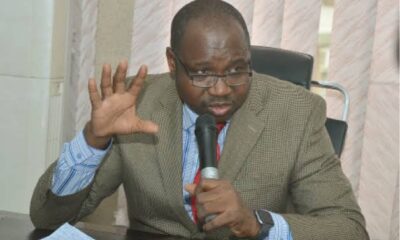
 Metro2 days ago
Metro2 days ago
 Sports1 day ago
Sports1 day ago
 Musings From Abroad2 days ago
Musings From Abroad2 days ago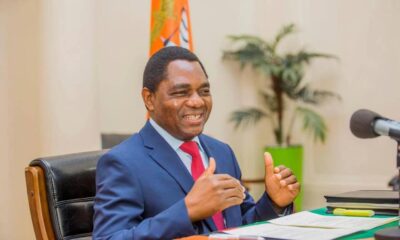
 Metro1 day ago
Metro1 day ago







